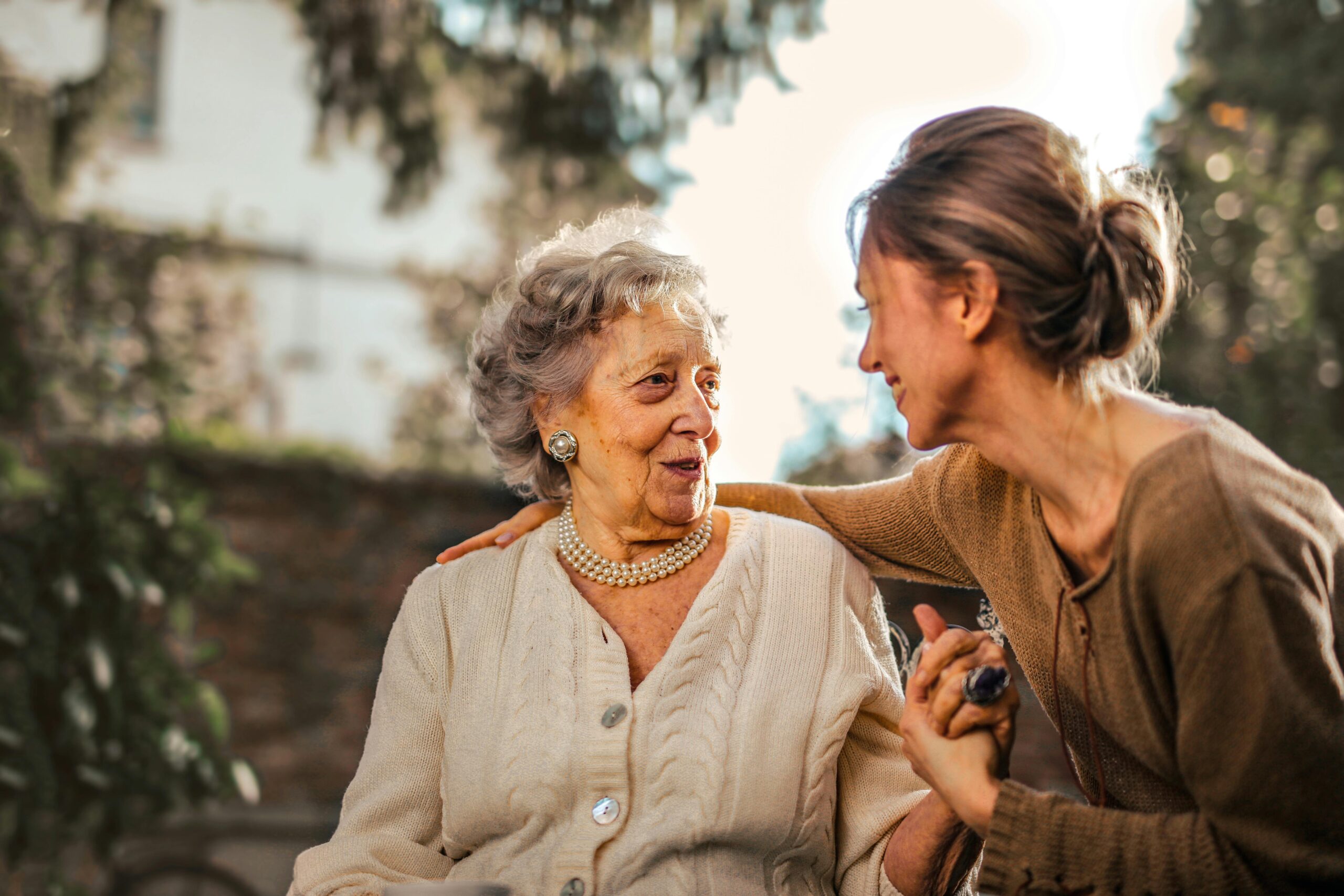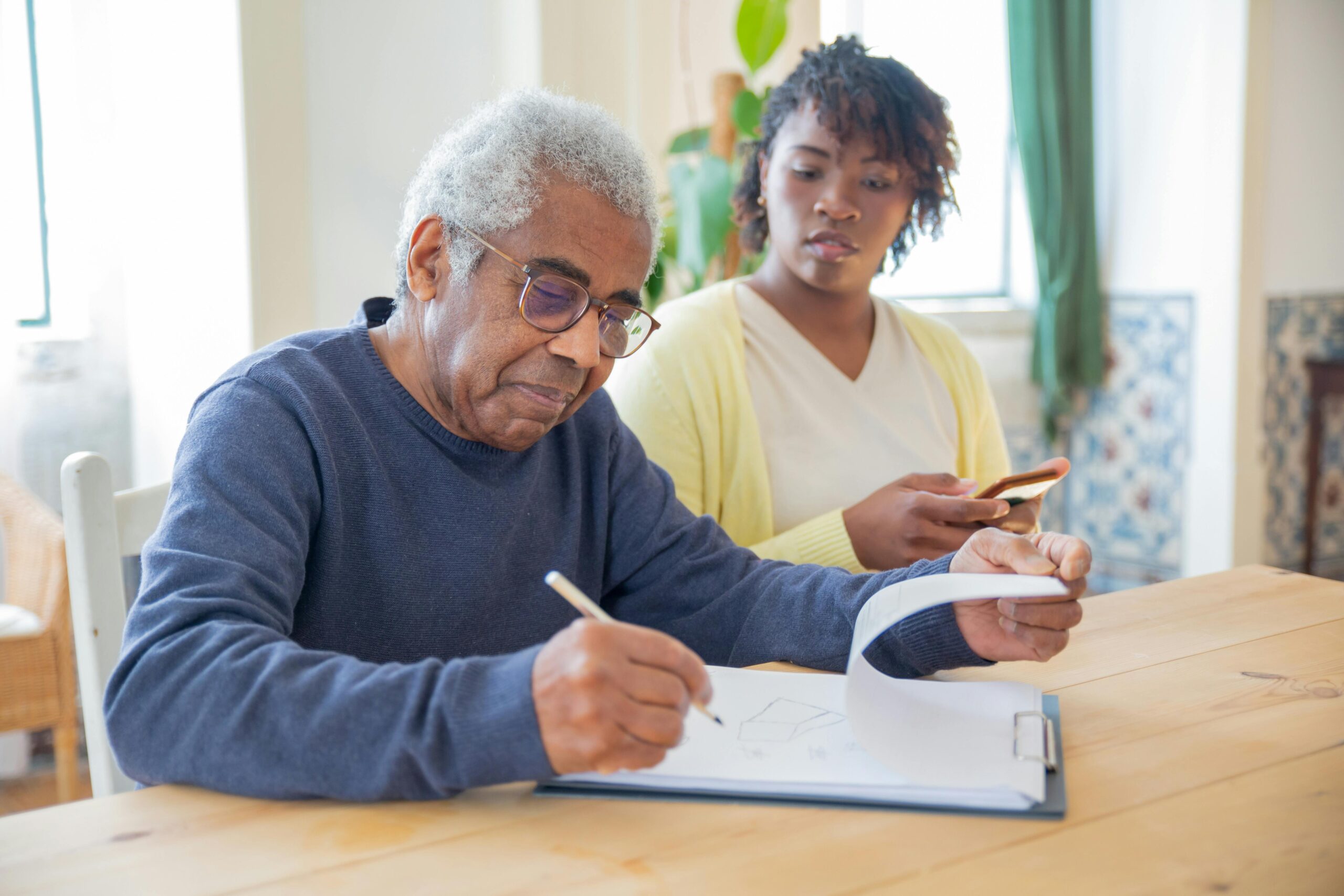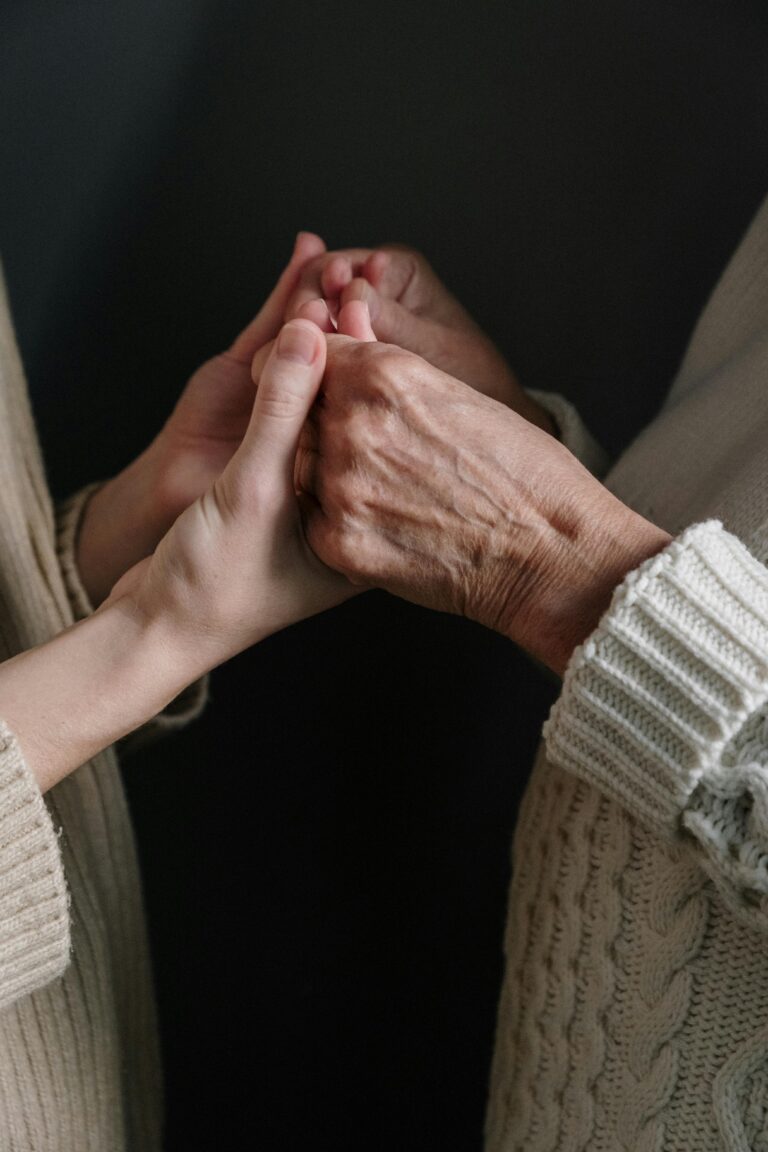Individual Services
Dementia Caregiver Support
Dementia caregiver support is specialized guidance and assistance tailored specifically for individuals caring for a loved one with dementia. It addresses the unique experience of caring for a loved one with cognitive decline, such as managing behavioral changes, navigating communication difficulties, and coping with the emotional toll of witnessing a loved one’s decline.
Caregiver psychotherapy provides a safe, confidential space for you to process the complex psychological and emotional demands of your role. In addition to offering practical guidance to address issues, such as caregiver burnout, guilt, resentment, and depression, we will also explore feelings, set healthy boundaries, and develop effective coping mechanisms.
Support is provided through individual sessions, where caregivers can process their feelings and develop personalized strategies. Dementia caregiver support will equip you with practical tools and emotional resilience to maintain your own well-being while providing the best possible care.
We will use practical, real-world techniques to help you cope with stress and capitalize on your strengths. Sessions may include actionable strategies such as mindfulness exercises, relaxation techniques, time management skills, learning to recognize the signs of stress and developing effective ways to proactively manage it, to prevent burnout and maintain the energy needed to take care of yourself and your loved one.
If your loved one is experiencing agitation, aggression, wandering, paranoia or other behavioral and psychological symptoms of depression (BPSD), sessions can focus on specialized training to effectively and compassionately manage these behaviors. The training moves beyond reacting to behaviors and focuses on understanding their causes—such as an unmet need, pain, or environmental factors. Sessions can include learning de-escalation techniques, communication strategies, and how to incorporate pleasant events to promote a calm and safe environment.


In-Home Caregiving Assessment, Support, Education
In home assessment offers a comprehensive approach to empowering family caregivers by providing expert guidance directly in your own home.
Initial In-Home Caregiving Assessment (90 minutes)
The first step is conducting a thorough evaluation of the caregiving situation including the emotional and psychological needs of the care recipient and caregiver. The initial assessment will include an assessment of:
- The home environment: to identify fall hazards, setup of living spaces, and recommendations for modifications or assistive devices.
- The care recipient’s needs: to gain a deeper understanding of the individual’s cognitive and physical abilities, daily routines, and specific behavioral challenges.
- The caregiver’s skills and stress level: to explore the caregiver’s current knowledge, skills, capability, emotional burden, and capacity to continue providing care while avoiding burnout.
Customized Support and Education (60 minutes)
Following the assessment, I will develop and provide personalized education, training, and emotional support through one-on-one coaching tailored to your specific situation. This component focuses on:
- Practical Skills: For example, teaching proper medication management and strategies for simplifying daily tasks.
- Psychological Tools: Education about the illness/condition and common behavioral or psychological symptoms of dementia the care recipient may experience now and as the illness progresses. This will help you to understand why behaviors occur, ultimately reducing frustration and fostering empathy.
- Emotional Support: Providing a space for you to discuss frustrations, fears, and grief.
Psychotherapy
Individual psychotherapy sessions are specialized for older adults and address common mental health concerns such as depression, anxiety, social isolation, and grief related to life changes or loss. Individual sessions will help you navigate late-life transitions, find purpose, and improve overall emotional well-being promoting high quality of life during later life.


Life Transitions
Psychotherapy for life transitions provides therapeutic support to individuals navigating significant changes in their lives. These transitions, whether anticipated or unexpected, can include major life events like illness, physical changes, later life marriage or divorce, or retirement.
These sessions will help you understand, process, and cope with the emotional and psychological impact of these changes. We will explore feelings, identify new personal goals, and develop effective coping strategies to transform a period of uncertainty and stress into an opportunity for growth and self-discovery.
Grief Counseling
Grief counseling is a therapeutic service that supports as you navigate a significant loss or anticipate the loss, such as the death of a loved one, the decline of a spouse’s health, or the loss of independence. I provide a compassionate space to process feelings of sadness, anger, and confusion, navigate emotional, practical, and family concerns, and develop healthy coping strategies. The goal is not to “get over” the loss, but to integrate it into your life in a way that allows for healing and continued growth.

